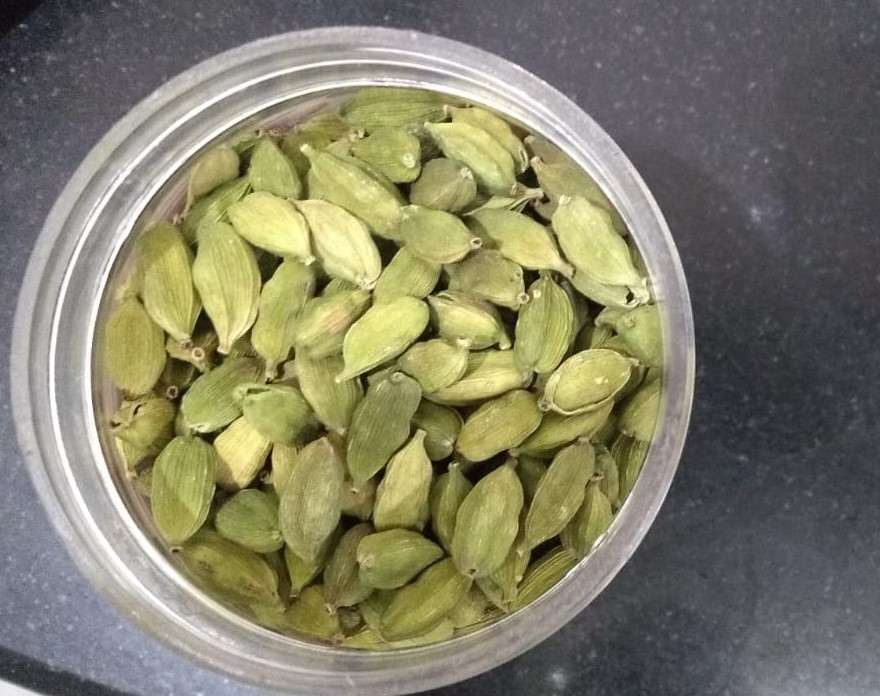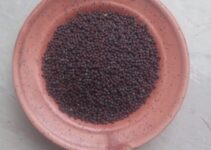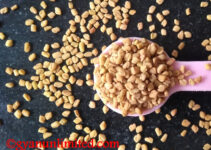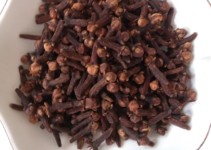Cardamom is a wonder spice
Cardamom is a wonder spice known worldwide for its intense, stimulant, carminative and unique flavour. Since ancient times, it has been used for various purposes, such as the making of sweet and savoury species, tooth cleaners and perfumes. Though it’s quite an extensive spice, only second to saffron, it is used in all households because of its numerous health & medicinal benefits and surprising uses. It is also known as ‘festive spice’ because of its vast price bar.

10 surprising benefits of cardamom
- Lowers blood sugar: Cardamom is full of antioxidants. In a recent study, it has been diagnosed that taking cardamom powder for about three months helps to lower blood pressure. It also shows diuretic effects, which directly or indirectly are related to the lowering of BP. As per research conducted in 2017, the spice can improve inflammation and oxidative stress in hyperlipidemic and pre‐diabetic women.
- Fights cancer: In a study with mice, it has been found that the spice powder stimulates certain enzymes, which in turn get ready to fight against cancer. Research by Christine M. Kaefer and John A. Milner, titled “Herbs and Spices in Cancer Prevention and Treatment”, has shown that cardamom and cinnamon effectively reduce the risk of colorectal cancer.
- Aids weight loss: Using cardamom helps boost metabolism and ensure the breaking of fats; accordingly, it is suitable for shedding extra weight from the body.
- Induces sleep: The wonder spice is helpful for those who have sleep issues such as insomnia, anxiety, tension and restlessness. How it works: Inhaling of cardamom oil aroma for a few seconds helps to treat sleep disorders.
- Protects cardiac health: In a scientific study in animals, it has been confirmed that using cardamom protects the heart from inflammation. As per the study published in the ‘International Journal of Molecular Sciences’, when male albino rats were administered 100-200 mg of cardamom extract, it has been found good improvement in cardiac health. Another research has also been conducted through the International Journal of Experimental Biology.
- Gastrointestinal disorders: Cardamom contains a compound called methanolic extract, which is good for abdominal problems like acidity, hyper-acidity, flatulence, and stomach cramps. A study published in the Journal of Ethnopharmacology found that cardamom volatile oil is effective in combating gastrointestinal disorders.
- Anti-bacterial: Cardamom is known for its infection-fighting properties. Cardamom oil can fight against even dangerous bacterial infections, including food poisoning.
- Anti-inflammatory Properties: A study published in Biomedicine and Pharmacotherapy Journal wherein it has been shown that the use of cardamom oil is effective against inflammation and spasms because of obesity, unhealthy diet and weight.
- Dental care and prevention: Research published in the ‘Ethnobotanical Leaflets’ has shown that eating cardamom helps protect from dental cavities. Rinse of its oil helps to prevent dental plaque.
- Prevents bad breath: The unique aroma of cardamoms makes it a natural breath freshener. The presence of Cineole helps to prevent microbial activities that promote oral hygiene and prevent bad breath, too.
Cardamom uses and dosages.
- Cooking: The common uses of cardamom are in cooking and making various cuisines and dishes.
- Biscuits and cakes: Because of their flavour, it is used in biscuits and cakes.
- Curries: Because of its unique features and character, it is used in making curries and dishes like sweet and also with drinks.
- Non-vegetables: It is an integral ingredient in the making of meat, poultry and fish.
- Tea: To give a unique flavour to tea, it is widely used, especially in the winter season.
- Pickles: It gives flavour to pickles and punches.
- Sore throat: Gargling with warm cardamom water helps ease a sore throat.
- Aphrodisiac: Since ancient times, cardamom has been used for its aphrodisiac properties as well as also used against impotence.
- Hiccups: Cardamom infusion is recommended in the case of hiccups.
- Liver disease: The cardamom extract is beneficial for fatty liver.
Nutritional facts of cardamom
The spice has an adequate amount of minerals such as iron, magnesium, selenium, zinc, manganese, etc. One hundred grams of cardamom contains the following nutrients as per USDA data. Water (8.28 g), Energy (311 kcal), Protein (10.76g), Total lipid (6.7g), Ash (5.78g), Carbohydrate (68.47 g), Fiber (28g), Calcium (383 mg), Iron (13.97mg), Magnesium (229mg), phosphorous (178mg), Potassium (1119mg), Sodium (18mg), Zinc (7.47 mg), copper (0.38mg), Manganese (28mg), Vitamin C (21mg), Thiamin (0.2 mg), Riboflavin (0.18 mg), Niacin (1.1mg), Vitamin B-6 (0.23 mg), Fatty acids (0.68 g)
Cardamom side effects
However, there are fewer side effects of cardamom. However, it may be avoided in the following conditions.
- During pregnancy, taking a large amount of cardamom should be avoided as it may lead to miscarriage in pregnancy.
- If you have gallstone problems, taking cardamom in high quantities should be avoided.







Wonderful thank for the knowledge